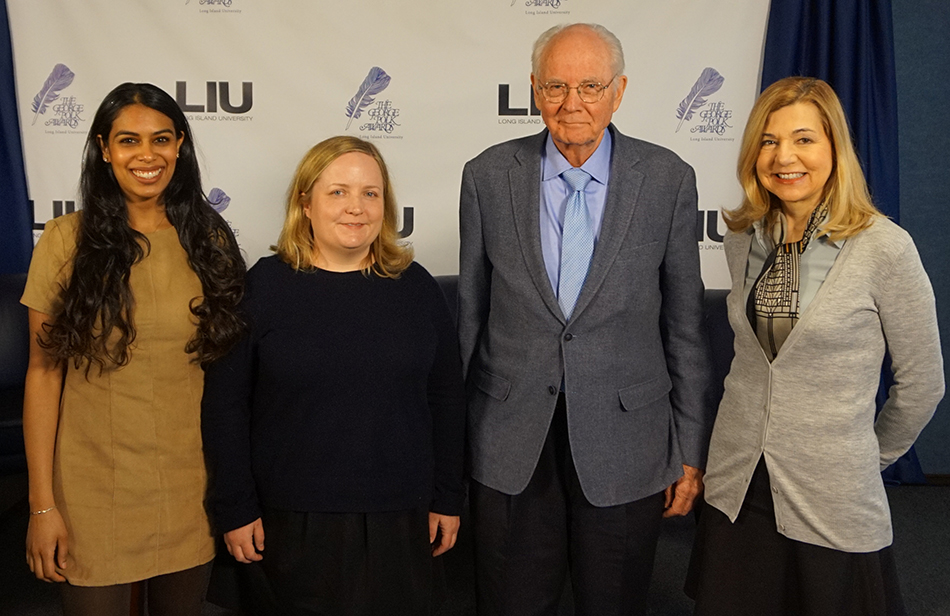Amid all the recent hand-wringing about the decline of the news business, audio journalism is going through something of a renaissance, with podcasts proliferating while radio listenership holds steady. In a nod to this changing media landscape, this week the 70th annual George Polk Awards announced the inaugural winner in the podcast category.
The honor went to Madeleine Baran and Samara Freemark of Minnesota-based APM Reports for “In the Dark: Season Two,” an investigative podcast that cast doubt on the guilt of a Mississippi man who has been tried six times for the same crime, after five successful appeals based on misconduct by the district attorney who has overseen his prosecution.
The award, said awards curator John Darnton, highlighted “the growing influence of radio and podcasts in our daily news diet.” The winners were announced at the National Press Club in Washington and will be followed by an awards luncheon in New York City in April.
The second season of “In the Dark” focuses on the case of Curtis Flowers, a man whose conviction for a 1996 quadruple murder in Winona, Mississippi, has been repeatedly overturned by the Mississippi Supreme Court on the grounds that Doug Evans, the lead prosecutor, has unconstitutionally removed potential black jurors.
In a racially mixed part of the state, Flowers has been convicted four times by all-white or nearly all-white juries. After the release of the podcast series, the U.S. Supreme Court agreed to hear the case; oral arguments are scheduled for March 20.
Other Polk Awards highlighted attacks on press freedom around the world, including an award to Reuters journalists Wa Lone and Kyaw Soe Oo, imprisoned in Myanmar after reporting on the massacre of Rohingya Muslims by the Burmese government.
A special award went to Washington Post columnist David Ignatius and opinion editor Karen Attiah, who pushed for accountability after the killing of Post contributor Jamal Khashoggi, whose final editorial they published posthumously. Khashoggi was killed and dismembered Oct. 2 after entering the Saudi consulate in Istanbul. Saudi Arabia’s government initially denied the journalist had been killed before claiming that rogue agents had carried out the killing. U.S. intelligence agencies have since reached the consensus that Saudi Crown Prince Mohammad bin Salman was involved in planning the attack.
Following the announcement of the winners, Washington Post media columnist Margaret Sullivan moderated a panel on the resurgence of audio journalism. APM’s Baran, NPR’s Sarah Gonzalez and public-radio pioneer Bill Siemering, who was given the George Polk Career Award, discussed the recent success of long-form radio and podcasts at a time when many media outlets are scrambling to produce short, eye-catching content.
Baran pointed to podcasting as a medium for her team’s ability to tell a story over the course of hours while building a loyal base of listeners.
“For us, as reporters, it is the best opportunity ever,” she said of the rise of podcasts. “People want this type of in-depth, nuanced reporting.”
Baran and Freemark also credited APM Reports for its investment in the podcast project, which involved the two of them moving to Mississippi and reporting for a full year.
After the panel, Baran told IRW there was no other way to report the story in such depth and detail.
“More than any other reporting project I’ve ever been involved in, this story was reported by knocking on people’s doors,” she said. “Every place is different. The advantage to having time is you can work with whatever that difference is.”





